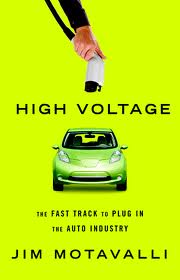 Jim Motavalli joins us by phone from his home in Fairfield, Connecticut. Jim is the author of a new book titled “High Voltage: The Fast Track to Plug In the Auto Industry” and helped us sort out some of the issues around EVs. Mr. Motavalli is an auto journalist who writes for the New York Times, Car Talk, the Mother Nature Network and PlugInCars.com. Jim has been covering the emerging electric vehicle industry for the last decade. He reported that if he finds some extra money in his sofa cushions he’ll be buying a Tesla Roadster. Rodale Press has donated some copies of “High Voltage” as premiums for new and renewing members. Give us a call at 303-449-4885 and you’ll be reading Jim’s book faster than you can charge up your Nissan Leaf. (Motavalli interview starts at 4:39).
Jim Motavalli joins us by phone from his home in Fairfield, Connecticut. Jim is the author of a new book titled “High Voltage: The Fast Track to Plug In the Auto Industry” and helped us sort out some of the issues around EVs. Mr. Motavalli is an auto journalist who writes for the New York Times, Car Talk, the Mother Nature Network and PlugInCars.com. Jim has been covering the emerging electric vehicle industry for the last decade. He reported that if he finds some extra money in his sofa cushions he’ll be buying a Tesla Roadster. Rodale Press has donated some copies of “High Voltage” as premiums for new and renewing members. Give us a call at 303-449-4885 and you’ll be reading Jim’s book faster than you can charge up your Nissan Leaf. (Motavalli interview starts at 4:39).
Sh elley Schlender visited with Colorado State University Scientist and Paleolithic Lifestyle expert Loren Cordain to talk about acne prevention. Cordain asserts that the best “prescription” for preventing acne is to eat the foods that have always helped traditional cultures be acne-free. That means lots and lots of vegetables, along with some fruit. Meanwhile, kick out modern foods–especially high glycemic foods . . . that means avoid sugary and starchy modern stuff — you know, sodas, candy, bread and pasta. Cordain also says to eliminate dairy. (Cordain interview starts at 16:05).
elley Schlender visited with Colorado State University Scientist and Paleolithic Lifestyle expert Loren Cordain to talk about acne prevention. Cordain asserts that the best “prescription” for preventing acne is to eat the foods that have always helped traditional cultures be acne-free. That means lots and lots of vegetables, along with some fruit. Meanwhile, kick out modern foods–especially high glycemic foods . . . that means avoid sugary and starchy modern stuff — you know, sodas, candy, bread and pasta. Cordain also says to eliminate dairy. (Cordain interview starts at 16:05).
Producer: Tom McKinnon
Co-Hosts: Breanna Draxler and Tom McKinnon
Engineer: Ted Burnham
Executive Producer: Tom McKinnon
Podcast: Play in new window | Download (Duration: 22:28 — 20.6MB)
Subscribe: RSS




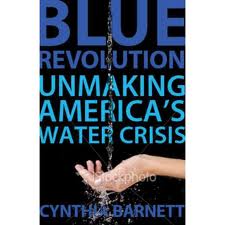
 Susan Moran has a telephone interview with
Susan Moran has a telephone interview with 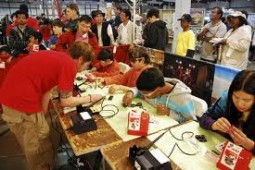 Jeff Branson of the
Jeff Branson of the 



 Tom McKinnon and
Tom McKinnon and  Shelley Schlender interviews
Shelley Schlender interviews 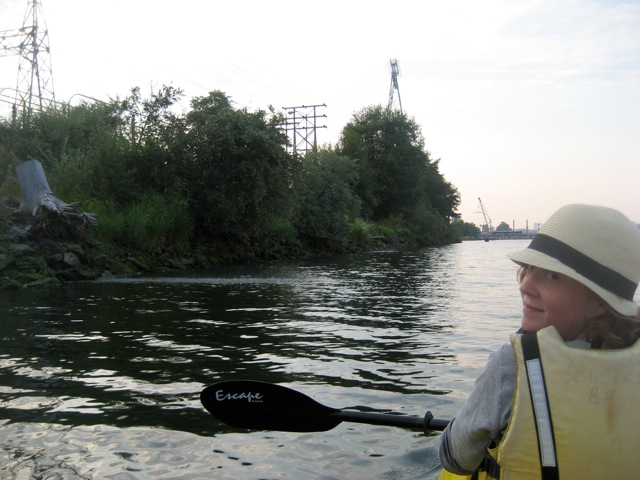
 Nature means something different to everyone. It’s a towering old-growth redwood forest to some. Deep silent canyons to others. And urban community gardens to others. Defining what is “pristine nature” is even more dicey. Just ask conservation biologists trying to figure out the best ways to preserve ecosystems and their flora and fauna.
Nature means something different to everyone. It’s a towering old-growth redwood forest to some. Deep silent canyons to others. And urban community gardens to others. Defining what is “pristine nature” is even more dicey. Just ask conservation biologists trying to figure out the best ways to preserve ecosystems and their flora and fauna. Tom McKinnon interviews Jeff Bisberg of
Tom McKinnon interviews Jeff Bisberg of 
 In today’s show take a look at the future of wind energy. We have with us in the studio
In today’s show take a look at the future of wind energy. We have with us in the studio 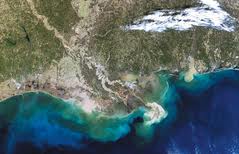

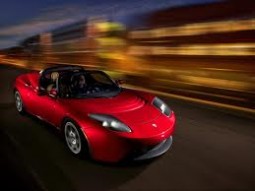

 In November Boulder will be asking the voters to approve the
In November Boulder will be asking the voters to approve the 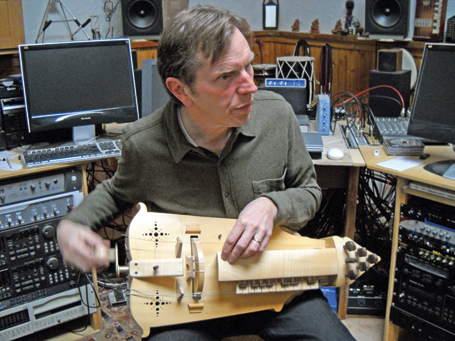

 The
The